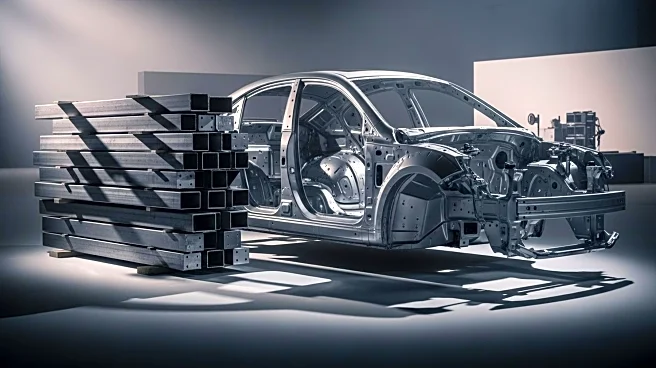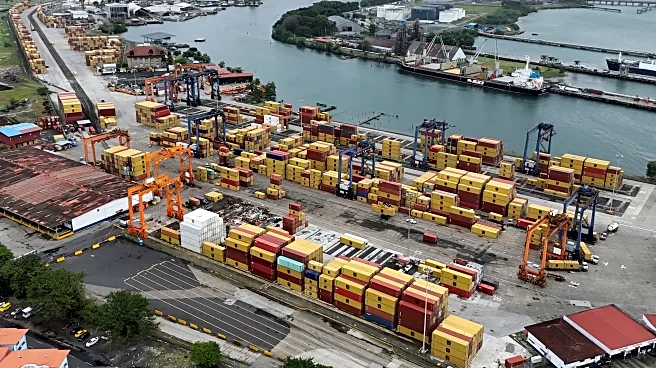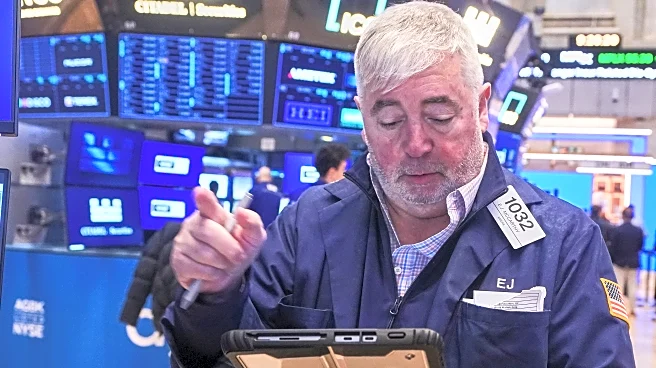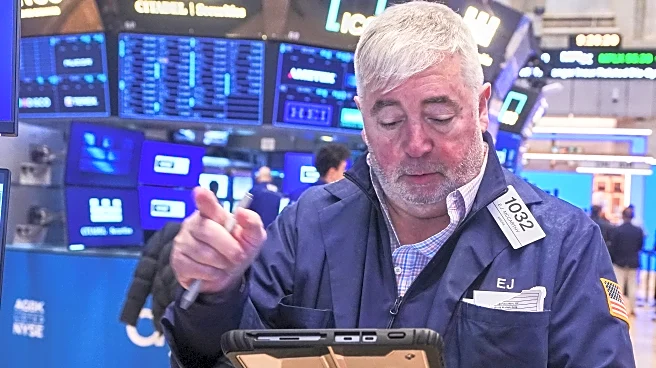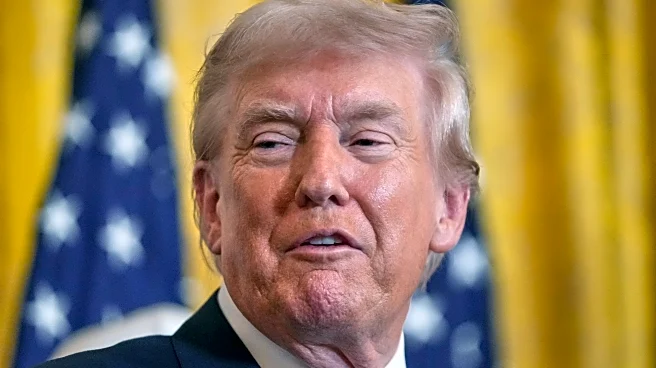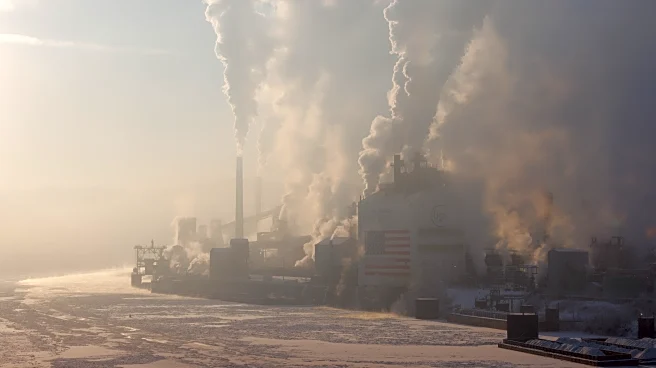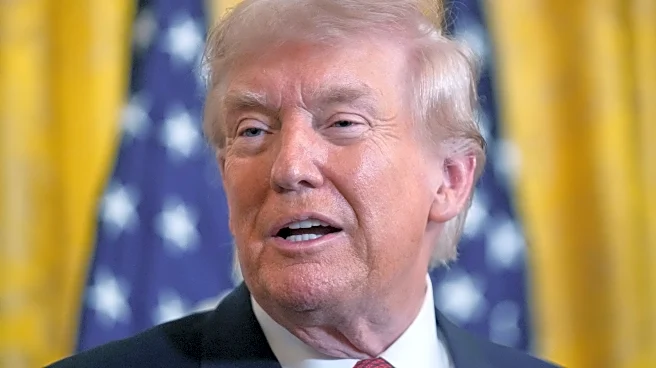What's Happening?
The European Union has announced a significant increase in steel tariffs, which has caused concern among Europe's automotive industry. The European Commission plans to double tariffs to 50% on steel imports exceeding a reduced quota of 18.3 million tons per year. This move is intended to protect the EU's domestic steel industry but has been met with criticism from the European Automobile Manufacturers' Association (ACEA). The ACEA argues that the new tariffs will increase costs for automakers, who source 90% of their steel from within the EU. The announcement has already impacted the market, with the Stoxx Automobiles and Parts index dropping by 1.8%.
Why It's Important?
The EU's decision to increase steel tariffs could have significant implications for the automotive industry, which is a major economic sector in Europe. Higher steel costs could lead to increased production expenses for car manufacturers, potentially resulting in higher prices for consumers. This move may also affect the competitiveness of European automakers in the global market. The decision highlights the ongoing tension between protecting domestic industries and maintaining competitive market conditions. The automotive sector, which relies heavily on steel, may face challenges in adapting to these new economic conditions.
What's Next?
The European Automobile Manufacturers' Association is likely to continue lobbying for a more balanced approach to steel tariffs. The EU's decision may prompt discussions among policymakers and industry leaders to find a compromise that protects the steel industry without unduly burdening automakers. Additionally, automakers may need to explore alternative sourcing strategies or cost-cutting measures to mitigate the impact of increased steel prices. The situation could also lead to broader discussions on trade policies and their impact on various industries within the EU.
